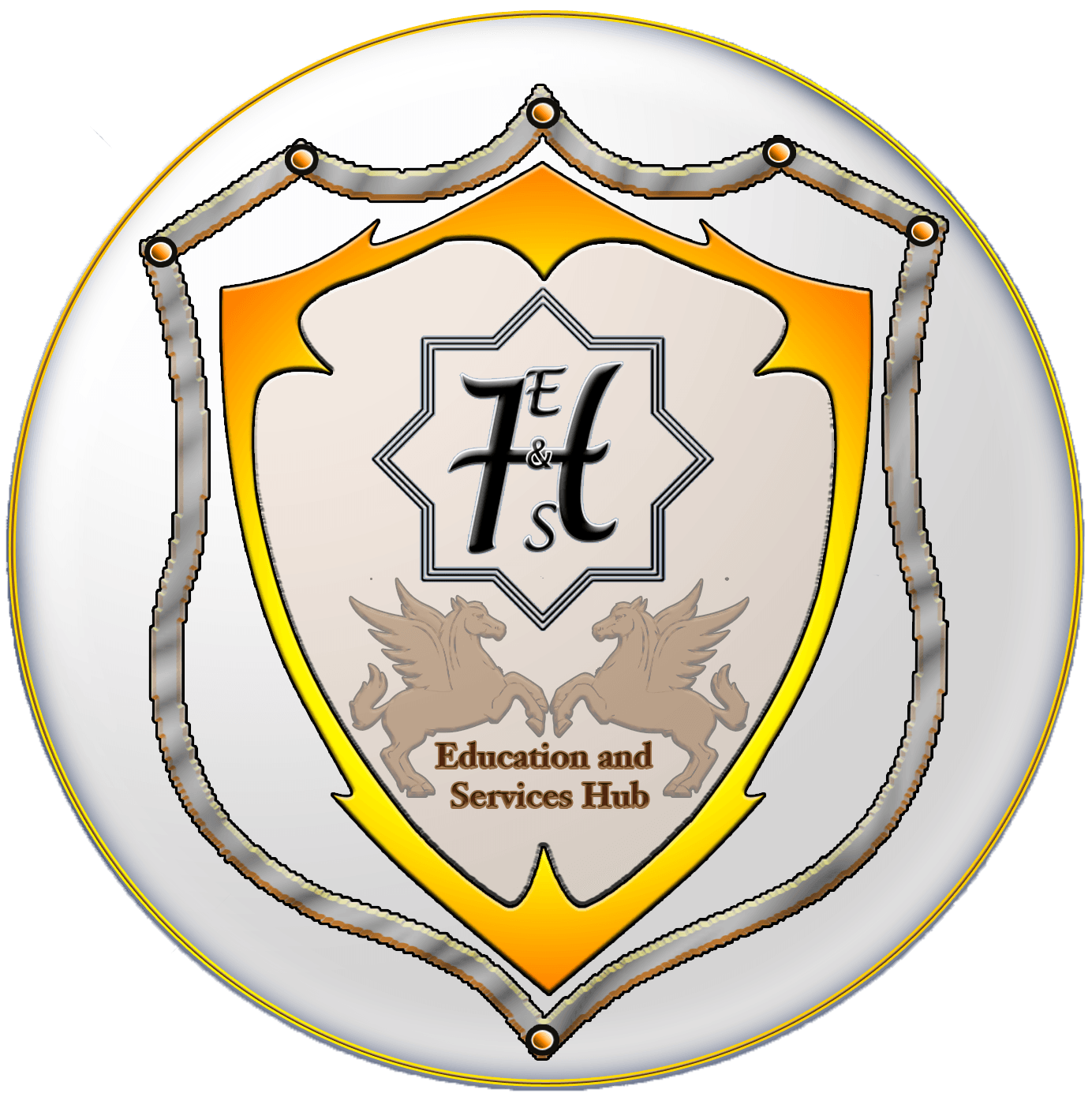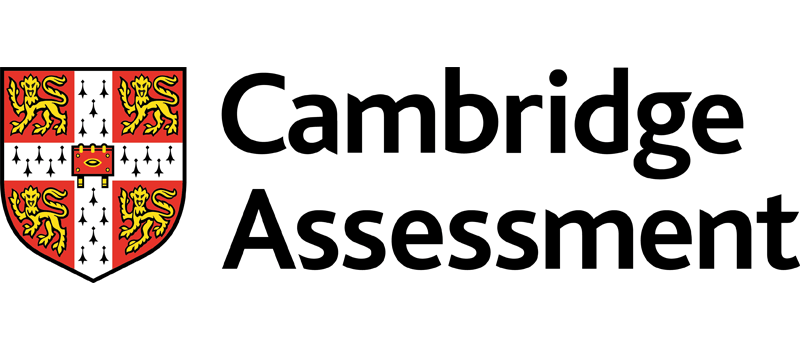Day 1: Introduction to Strategic Operations Management
Overview of strategic operations and its importance in achieving business goals.
Key concepts in operations management: efficiency, scalability, and quality control.
Identifying core business functions and optimizing them for maximum impact.
Introduction to performance measurement tools and metrics.
Day 2: Rationalizing Expenses for Maximum Impact
Understanding cost management: fixed vs. variable costs, direct vs. indirect costs.
Streamlining operations and cutting non-essential expenditures.
Cost-benefit analysis: Evaluating the trade-offs in operational spending.
Real-world case studies on cost rationalization and efficiency improvements.
Day 3: Developing Revenue Streams and Business Growth
Exploring various models for revenue generation: product diversification, pricing strategies, and market expansion.
Identifying new business opportunities and potential areas for innovation.
Leveraging technology and digital tools to enhance revenue generation.
Business case studies on successful revenue growth initiatives.
Day 4: Integrating Cost Control and Revenue Generation Strategies
Aligning cost management and revenue generation for a balanced approach.
Developing a sustainable business strategy that integrates operational efficiency with revenue growth.
Tools for monitoring and measuring the effectiveness of integrated strategies.
Workshop: Developing a cost-revenue strategy for your business.
Day 5: Actionable Insights and Moving Forward
Implementing operational improvements and revenue strategies within your organization.
Managing change: Leading your team through operational transformations.
Building long-term operational and financial plans.
Final discussion and group presentations of action plans.























































